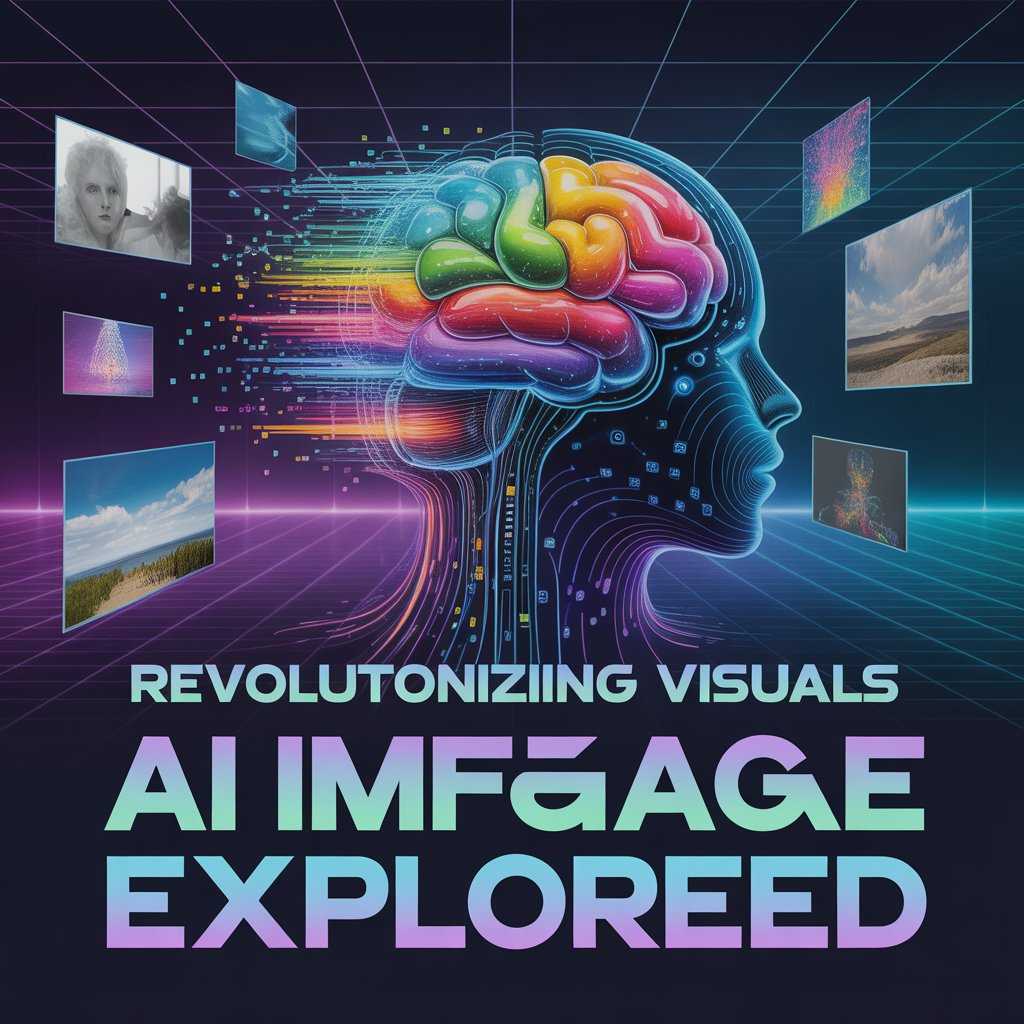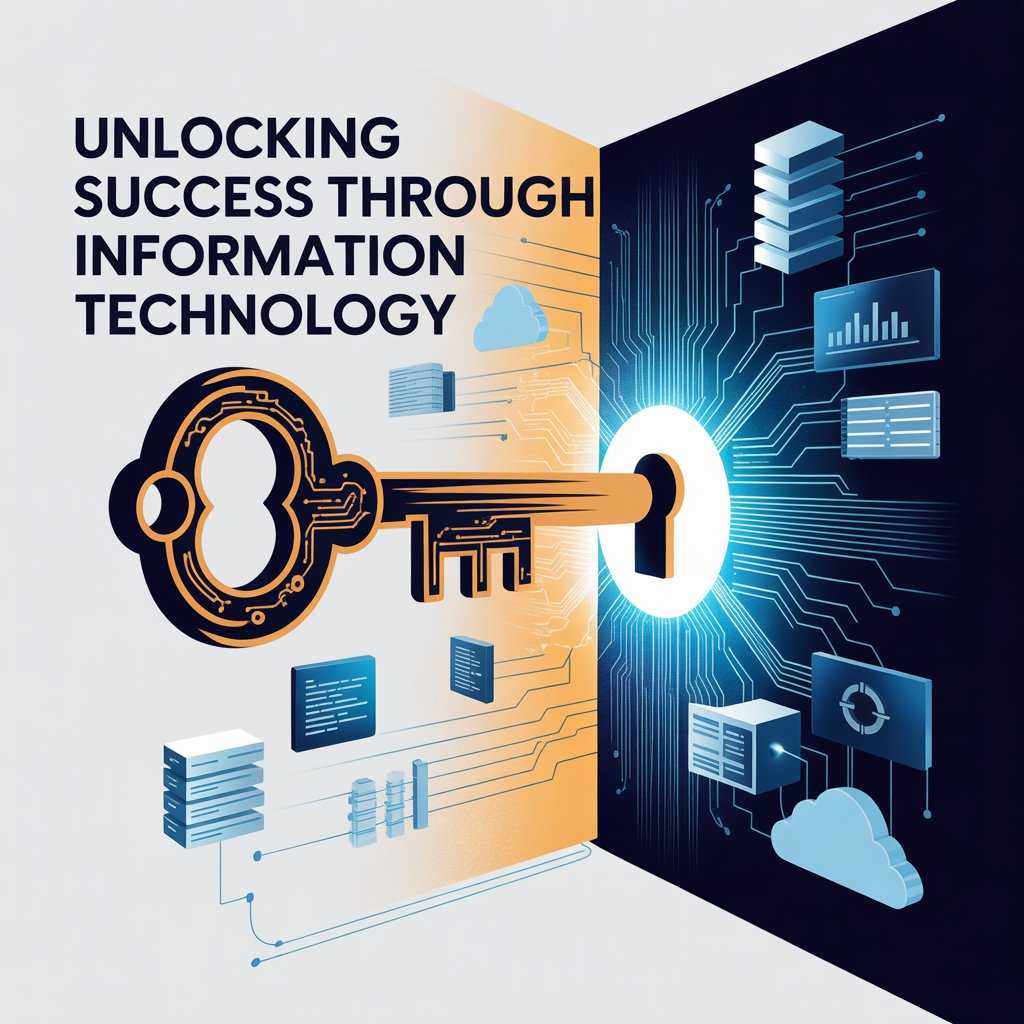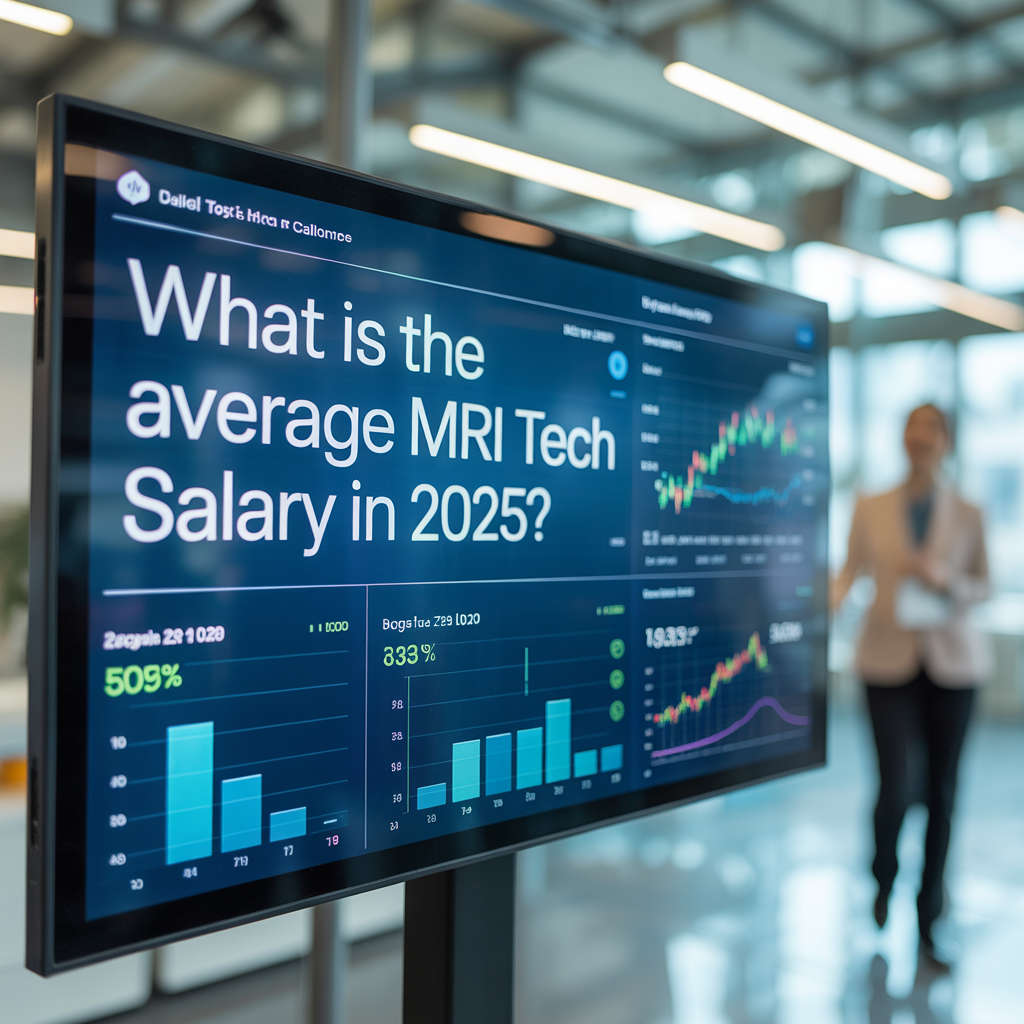Artificial Intelligence (AI) is no longer only a thing of the future it is now a part of everyday life. The Latest AI News May 2025 shows how this Game-changing technology now drives businesses, changes economies, and even affects moral choices around the world. AI used to be a far-off dream, but now it sets the speed and direction of human growth.
The global AI market reached a critical turning point in 2025. AI systems are not just helping people; they are also working with them to solve hard problems and open up new opportunities in fields like healthcare, education, finance, and the creative arts. The Latest AI News May 2025 also talks about a growing worldwide conversation about accountability, openness, and ethical innovation. It reminds us that progress must always be focused on people.
As we get closer to 2026, the question that comes up in every debate is: can we keep making AI better without losing the things that make us who we are? The real test of innovation isn’t how smart AI gets, but how smart we are about using it.
The Global AI Boom: From Data to Destiny
According to The Latest AI News May 2025, the global AI market is anticipated to grow from $189 billion in 2023 to $4.8 trillion by 2033. AI-assisted workplaces in the U.S. have doubled in only two years. This shows that automation is now a regular tool for professionals, not just a nice-to-have.
But AI’s rise makes us think about deeper moral and emotional issues than just the numbers. Can machines show empathy? Should they? As artificial systems change, it becomes very important for people to help shape digital morality.
Moral Insight: Progress is not defined by speed, but by purpose. The power of AI lies not in its intelligence, but in how wisely we guide it.
The New Wave of AI Projects: Purpose Beyond Profit
The Latest AI News May 2025 says that a new wave of AI initiatives is changing sectors and what it means to be innovative. These advances make us think about “what AI should do” instead of just “what AI can do.” They combine technological capacity with moral duty and real-world effects.
SoftBank’s $1 Trillion AI Vision
The goal of Masayoshi Son’s AI and Robotics Complex in Arizona is to combine automation with design that focusses on people. It’s more than just a business; it’s a sign of how people are trying to live happily with smart machines.
Thinking Machines Lab
With $2 billion in funding and a $10 billion valuation, Thinking Machines Lab is working on agentic AI, which are autonomous agents that can do things without being told to. This project makes it hard to tell the difference between freedom and responsibility.
Google’s Eco-AI Initiative
Google’s newest eco-AI project modernises the U.S. electrical system and figures out how dolphins talk to each other. This is a very interesting move towards bringing technology and nature together.
Moral Reflection: Every AI project shows what its designer wanted it to do. Technology is neutral; it is humanity that determines whether it facilitates progress or poses a threat.
The Rise of Young AI Visionaries
The Latest AI News May 2025 honours a new generation of young innovators who are changing the way technology works by showing that responsibility and innovation can go hand in hand. These visionaries are not only making cutting-edge AI solutions, but they are also putting ethics, openness, and design that focusses on people at the centre of their work. They are changing what it means to be responsible with technology in today’s fast-paced digital world by questioning established norms and putting accountability first. This shows that the next wave of AI can give people power instead of taking it away.
Pranjali Awasthi – Democratizing Knowledge
Pranjali Awasthi built Delv.AI, a research tool that breaks down academic content into important insights, when she was just 16. The firm is worth $12 million and helps students get information fast and fairly.
She is now a student at Georgia Tech. Her project, Dash, which is called “ChatGPT with hands,” automates digital activities and focusses on ethical development.
Alexandr Wang – The Ethicist of Data
Alexandr Wang co-founded Scale AI when he was 19. The company is worth $7.3 billion and helps the biggest companies in the world use machine learning. Wang supports responsible data labelling and bias prevention to make sure that algorithms are clear and responsible.
Moral Lesson: The youth leading today’s AI wave remind us that ethics is not an afterthought it’s the core of innovation.
4. AI Investment Trends: Purpose-Driven Funding
In early 2025, AI investments reached an all-time high of $59.6 billion, which was more than half of all venture capital in the world for the first quarter of the year. But the most recent trend isn’t only about expansion; it’s also about ethical scaling.
Notable Highlights
- OpenAI raised $40 billion for safe and transparent AI development.
- Anthropic secured $4.5 billion focusing on explainable AI models.
- Cursor, an MIT-founded startup, achieved $100 million in recurring revenue with full data transparency.
Gartner says that by 2025, the world would spend $644 billion on generative AI, which is a 75% rise each year. But it’s evident that things have changed: investors now value fairness and human scrutiny just as much as innovation.
Moral Thought: True success in AI investment isn’t measured by valuation, but by values.
5. Governments and Institutions: AI for the Public Good
When led by ethics, AI use in the public sector shows how technology can make things more fair, safe, and educational.
FDA’s “Elsa” AI Assistant
The U.S. FDA released Elsa, a creative AI helper that runs on GovCloud. Elsa assists with database management, summarises findings from medical reports, and analyses them all while keeping patient information private.
Mississippi’s MAIN Network
With NVIDIA’s help, Mississippi MAIN Network brings together 15 colleges to teach 10,000 people in rural areas about AI and data literacy so they don’t be left behind in the digital future.
Ohio State’s AI Literacy Mandate
By 2029, Ohio State University aims to make AI ethics and fluency an obligatory curriculum. This will help students learn both moral and technical skills.
Moral Reflection: Governments should not lead by adopting AI the fastest, but by teaching it the right way.
6. Big Tech Under Scrutiny: The Power and the Price
As AI giants expand, accountability becomes a moral cornerstone of progress.
Apple’s Ethical Challenge
Apple’s market value drops by $900 billion after a lawsuit claims that Siri’s AI capability was exaggerated. This event reminds us that honesty in invention is not up for debate.
Meta’s Legal Controversy
Meta’s partial win in a copyright dispute poses an important question: who owns creation when AI learns from things generated by people?
Google & Microsoft’s Oversight Retreat
Both businesses have cut back on their internal AI ethics teams, which has led to a debate about whether speed is taking the place of safety.
Moral Insight: Having power without morals causes problems. Not simply technology, but also truth should guide the AI race.
7. AI in Everyday Life: Blending Humanity and Automation
AI has quietly become a part of everyday life, from smart homes to digital art. It doesn’t replace human talent; it improves it.
Meta’s AI Glasses
The HSTN smart glasses from Meta and Oakley have 3K video, an 8-hour battery life, and AI translation in real time. They are examples of modern technology that can be worn, but they also bring up old privacy issues.
Adobe’s Project Indigo
Adobe’s Project Indigo combines 32 layers of images into one perfect photo. It illustrates that AI can help art without taking away its soul.
Smart Homes & AI Restaurants
More than half of restaurants in the U.S. now use AI to set prices and make reservations. Smart homes, on the other hand, find a balance between ease of use and control. They remind you that privacy should always come first.
From a moral point of view, real development in AI isn’t about taking people’s jobs; it’s about giving them the tools they need to live better lives.
8. The Dark Side: AI-Driven Threats and Misinformation
While AI strengthens industries, it also equips cybercriminals with New tools.
WormGPT & FraudGPT
AI models like WormGPT and FraudGPT automate scams, phishing, and making malware on the dark web. Their existence demonstrates that intelligence does not equate to integrity.
Deepfakes and Identity Theft
In 2024, thieves utilised AI to copy the voice of a CFO in a $25 million crime. This is a scary illustration of how deepfake technology may break trust.
AI Defending AI
Cybersecurity firms now use ethical AI for threat detection, employing predictive algorithms to counter malicious code before it spreads.
Moral Thought: Every AI innovation carries dual potential — creation or corruption. The choice lies with its users.
9. The Human Side of AI: Ethics, Empathy, and Responsibility
As automation becomes more common, the world faces a big moral question: can people still have a purpose in a society run by machines?
AI should not replace feelings: It should make them stronger. To keep confidence in this digital progress, ethical frameworks, human oversight, and openness are still very important.
Moral Insight: The future of AI isn’t about machine intelligence — it’s about human integrity.
Conclusion: The Moral Compass of the AI Era
The Latest AI News May 2025 says that AI is more than just a tool; it also demonstrates how people think, what they value, and how responsible they are. AI is changing quickly between 2025 and 2026, and we are at a crossroads. One path leads to empowerment, equality, and advancement in society, while the other leads to exploitation, dependency, and moral compromise.
The real test of how well AI works is not how powerful it is, but how well it is guided by its conscience and foresight. By putting honesty, justice, and moral responsibility first, people can make sure that AI becomes a partner in advancement instead than a source of unexpected consequences.
In the end, the Latest AI News May 2025 reminds us that technology alone can’t shape the future; our choices, morals, and vision will. AI can only reach its full potential when people guide it with their knowledge.
Key Takeaways
AI Market
By 2033, the global AI market is expected to be worth $4.8 trillion. This shows how quickly technology is being adopted in many fields.
But this progress needs to be led by strong moral norms to stop abuse and unfairness.Sustainable innovation makes ensuring that economic growth is good for everyone.
The future of AI hinges not only on progress but also on keeping moral responsibility in mind as it moves forward.
Youth Leaders
Young innovators like Pranjali Awasthi are changing the way technology fits with what people value. Their emphasis on openness, education, and accessibility demonstrates that age does not impede influence. They remind the world that empathy and awareness are what make innovation the most impactful. The next generation is designing a world where AI helps people instead of replacing them.
Public Sector
AI is increasingly being used by governments to make healthcare, education, and social inclusion better. The FDA’s Elsa AI and Mississippi’s MAIN Network are two projects that are helping people learn more about technology. These kinds of projects show how AI can help make things fairer when it is used responsibly. Ethical implementation in public systems guarantees equity and confidence in technology governance.
Corporate Ethics
Big Tech businesses are under more and more pressure to be open and responsible. The more powerful AI gets, the more important it is for data use and algorithmic fairness to be held accountable. Corporate honesty is now a major factor in how much people trust a company and how well it does in the long run. The new era of responsible AI will be led by companies that make ethics a part of their innovation process.
Cybersecurity
In today’s world of cybersecurity, AI is both a target and a tool. To fight against bad algorithms like WormGPT, ethical AI-driven defences are being developed. This balance between making things and keeping them safe indicates that AI has two sides in the digital era. People still need to keep an eye on technology to make sure it protects instead of hurts.
Everyday Integration
AI is now a big part of everyday life thanks to smart homes, devices, and workplaces. These technologies make life easier in ways that no other technology can, but they also make people wonder about privacy and control. Ethical design makes ensuring that AI adds to human existence instead of taking over. The moral success of intelligent life is based on the right balance between automation and autonomy.
FAQs
What is the key takeaway from AI growth in 2025–2026?
The rise of AI shows that innovation is not complete without ethics. Even though progress has sped up in many fields, human values must always come first. Technology should enhance, rather than supplant, human intellect and passion. The real success of AI comes from combining progress with moral integrity.
How are young entrepreneurs shaping AI?
Young entrepreneurs are making AI tools that are fair, easy to use, and good for society. Their startups show that they are open, welcoming, and dedicated to long-term moral ideals. They don’t see AI as a way to make money; they see it as a way to give people power. They are changing the story about what technology is for through this kind of leadership.
How are governments ensuring AI’s ethical use?
Governments are putting in place AI policies that focus on education and giving everyone the same chance.Programs that teach people about AI and make public data more accessible encourage safe use.They make guarantee safety and accountability by setting rules for how things should be built.Their proactive role lays the groundwork for a more fair digital future.
Why does AI regulation matter?
AI regulation prevents misuse, protects privacy, and ensures responsible innovation.
Without oversight, AI could amplify bias, misinformation, or digital exploitation.
Regulation provides guardrails for innovation, balancing freedom with accountability.
It ensures AI remains a tool for human progress, not manipulation or harm.
How can individuals use AI responsibly?
Individuals should remain informed and critical of AI-generated content and tools.
Responsible use means understanding both benefits and risks of automation.
Users must question outputs and verify facts to prevent misinformation.
Ultimately, ethical AI use begins with personal awareness and conscious decision-making.





One Comment